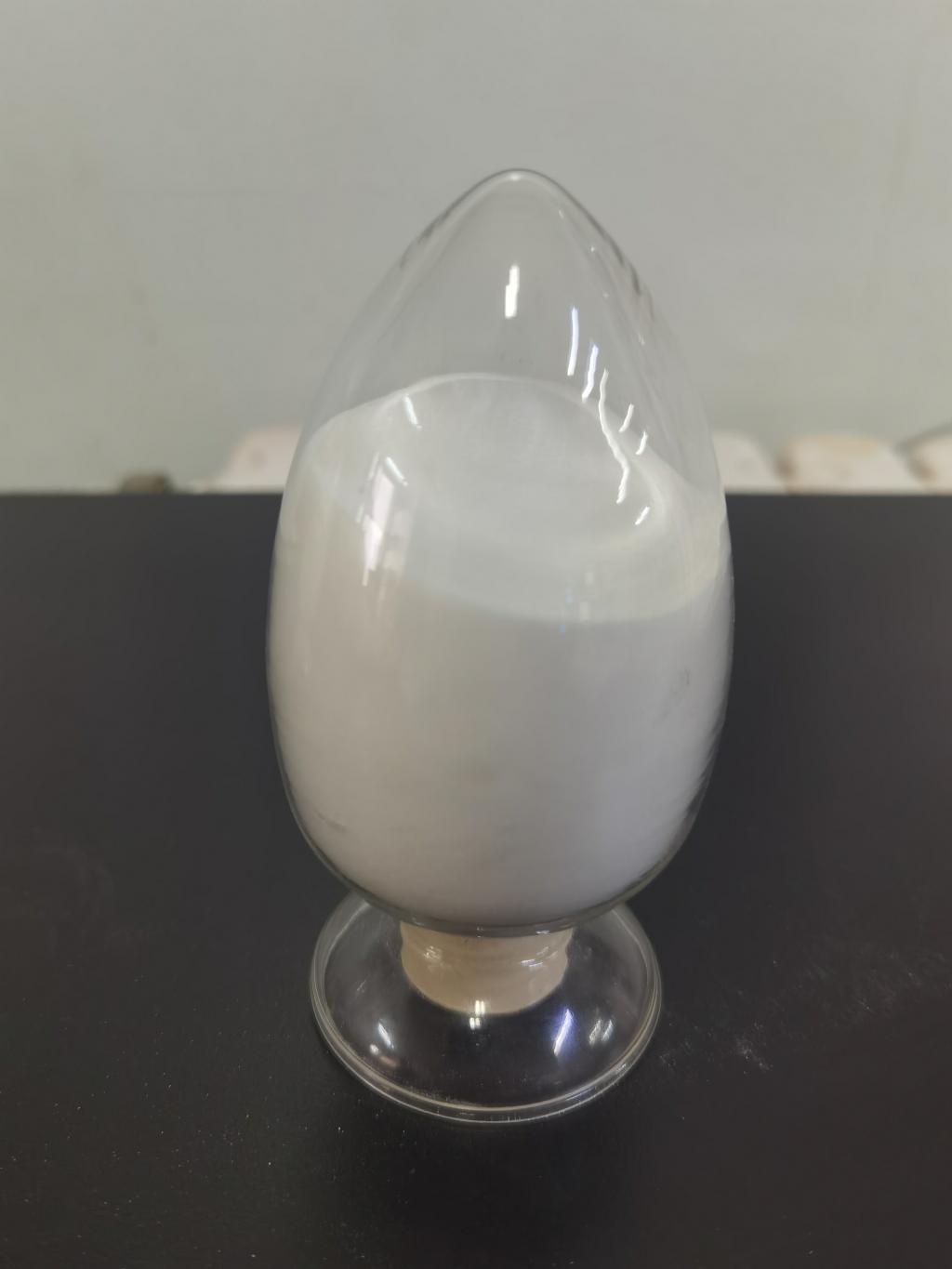Tel:+8618231198596

News
 CONTACT
CONTACT
 CONTACT
CONTACT
- Linkman:Linda Yao
- Tel: +8618231198596
- Email:linda.yao@dcpharma.cn
- Linkman:CHARLES.WANG
- Department:Overseas
- Tel: 0086 0311-85537378 0086 0311-85539701
News
ε-Polylysine hydrochloride's applications in enhancing the safety of salad and fresh produce washes.
TIME:2023-08-15
Introduction:
Salads and fresh produce are staples of a healthy diet, providing essential nutrients and fiber. However, their consumption carries a risk of exposure to harmful microorganisms, which can lead to foodborne illnesses. Proper washing techniques are essential to mitigate this risk. ε-Polylysine hydrochloride, with its potent antimicrobial properties, offers a novel approach to enhancing the safety of salad and fresh produce washes.
The Need for Enhanced Fresh Produce Safety:
Fresh produce can be contaminated at various stages, including production, harvesting, transportation, and handling. Traditional washing methods, such as water rinsing, may not effectively remove or kill all pathogens. This leaves consumers vulnerable to potential health risks, emphasizing the need for more robust food safety measures.
ε-Polylysine Hydrochloride: A Natural Antimicrobial Warrior:
ε-Polylysine hydrochloride is a cationic peptide derived from Streptomyces albulus. Its mode of action involves disrupting microbial cell membranes and interfering with cell wall synthesis, resulting in cell death. ε-Polylysine hydrochloride's safety for human consumption and broad-spectrum antimicrobial activity make it an attractive option for enhancing the safety of salad and fresh produce washes.
Mechanisms of Action of ε-Polylysine Hydrochloride in Produce Washes:
When incorporated into salad and fresh produce washes, ε-polylysine hydrochloride targets microbial contaminants present on the surface of fruits and vegetables. Its ability to disrupt cell membranes and inhibit cell wall synthesis leads to microbial cell death. This action contributes to reducing the overall microbial load and minimizing the risk of foodborne pathogens.
Applications of ε-Polylysine Hydrochloride in Produce Washes:
The integration of ε-polylysine hydrochloride into salad and fresh produce washes can be achieved by adding it to washing solutions or incorporating it into produce packaging materials. Its antimicrobial properties work to reduce the population of harmful microorganisms, including bacteria, yeasts, and molds, thereby enhancing the safety of these food items.
Benefits of ε-Polylysine Hydrochloride in Produce Washes:
The utilization of ε-polylysine hydrochloride in produce washes offers several advantages. Firstly, it can enhance the effectiveness of washing procedures, reducing the risk of foodborne illnesses. Secondly, ε-polylysine hydrochloride's natural origin aligns with consumer preferences for minimally processed and clean label products. Lastly, by extending the shelf life of fresh produce, it can contribute to reduced food waste and improved sustainability.
Regulatory Considerations:
The incorporation of ε-polylysine hydrochloride into produce washes is subject to regulatory approval and guidelines. Regulatory agencies assess the safety and efficacy of novel food additives before granting permission for their use. Adherence to these regulations is crucial to ensure consumer safety and product legality.
Future Directions and Challenges:
While ε-polylysine hydrochloride shows promise in enhancing the safety of salad and fresh produce washes, further research is needed to optimize its application methods, concentrations, and interactions with different produce types. Collaboration between researchers, food manufacturers, and regulatory bodies will be essential to address challenges and advance successful implementation.
Conclusion:
The application of ε-polylysine hydrochloride in salad and fresh produce washes holds significant potential for improving food safety. Its antimicrobial properties, natural origin, and versatility make it a valuable tool for reducing microbial contamination and enhancing the safety of these essential food items. As the food industry continues to prioritize consumer health and safety, ε-polylysine hydrochloride offers a promising solution to ensure the integrity and safety of salads and fresh produce.
- Tel:+8618231198596
- Whatsapp:18231198596
- Chat With Skype







